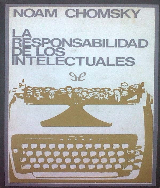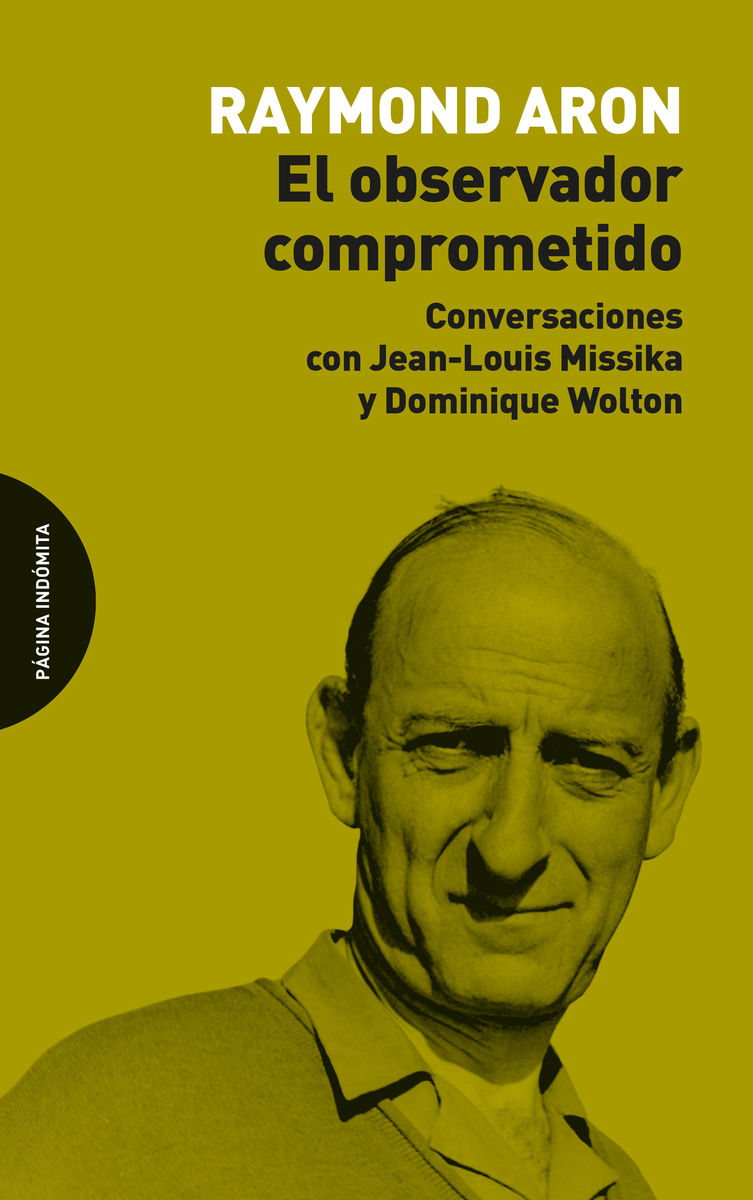
Aron had previously argued against historical determination, however to use such an argument for decolonizing Algeria was the basis behind many accusations of hypocrisy. Ultimately, Algeria was “fated to decolonization” by the implications of history.Īron’s “historical determination” was met with much controversy due to the actions of the man himself.

The moment Algeria was “no longer a ‘sweetheart deal,’” Aron advocated for decolonization. Aron also viewed the nation from an economic standpoint, and concluded that the economic incentives for the assimilation of Algeria were no longer prevalent, and he received many critiques on the heartlessness of those proposals. Aron’s rejection of this “universal republicanism” works in parallel to his rejection of integration, and is what fuels his belief in decolonization. Therefore many of those who worked in providing citizenship for Algerians and integrating Algeria into France since decades before fought against this significantly different way of thought. To say that there exists two distinct communities that work individually rather than together as a unified whole is what undermines the “French universalism.” Aron proposed that “Algerians were not like the French, and France should stop trying to make them French.” There are explicit differences between France and Algeria in terms of community growth that it was simply inconceivable for one to assimilate into the other. Claiming that French republicanism “was ideologically exhausted” was a far step away from the very foundations upon which France was built.


What seems to be like a radical stance at the time is largely due to his perspective on French republicanism. Yingfu Ma HSS3-A Radicalism is merely stepping far away from the belief at the time, and Aron’s beliefs, while reasonable, fell far from French tradition.


 0 kommentar(er)
0 kommentar(er)
